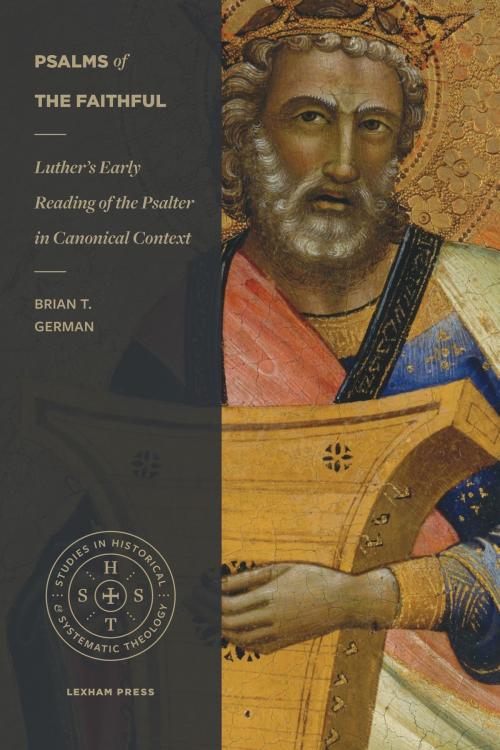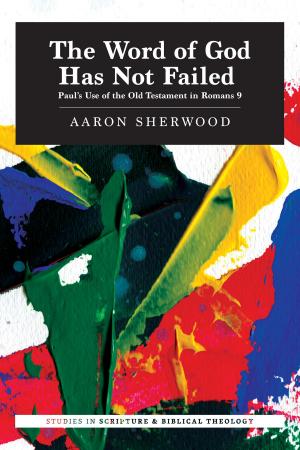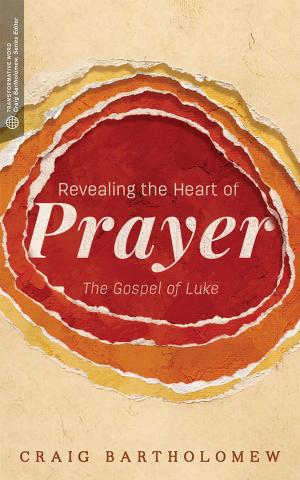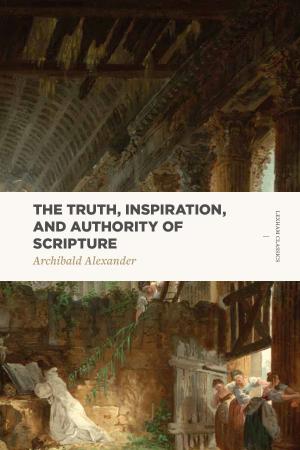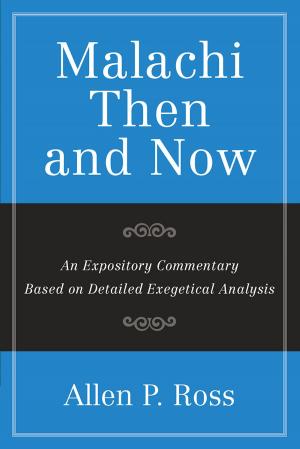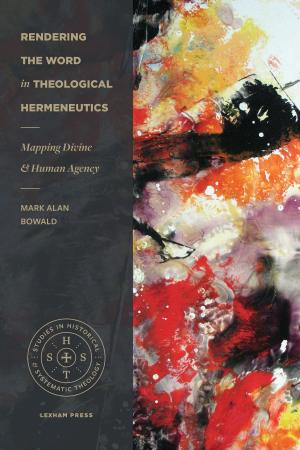Psalms of the Faithful
Luther’s Early Reading of the Psalter in Canonical Context
Nonfiction, Religion & Spirituality, Bible & Bible Studies, Hermeneutics| Author: | Brian T. German | ISBN: | 9781683590491 |
| Publisher: | Lexham Press | Publication: | September 13, 2017 |
| Imprint: | Lexham Press | Language: | English |
| Author: | Brian T. German |
| ISBN: | 9781683590491 |
| Publisher: | Lexham Press |
| Publication: | September 13, 2017 |
| Imprint: | Lexham Press |
| Language: | English |
The Psalms forced Martin Luther to change how he read the Bible.
In Psalms of the Faithful Brian German shows us Luther's reappraisal of the plain sense of Scripture. By following the canonical shaping of the Psalter, Luther refined his interpretive principles into a more finely grained hermeneutic. Luther inspires us to read the Psalms empathetically with ancient Israelites and early church fathers. He stirs us up to join the “faithful synagogue” in praying to and praising the Lord our God.
According to many scholars, Luther established his approach to biblical exegesis on the claim that Jesus Christ is Scripture's content and speaker. While Luther used this formulation in prefaces, how did he really read the Bible?
German applies pressure not only to how Luther scholars understand Luther's interpretive method, but also to how modern biblical exegetes approach their task—and even to how we read the Bible.
The Psalms forced Martin Luther to change how he read the Bible.
In Psalms of the Faithful Brian German shows us Luther's reappraisal of the plain sense of Scripture. By following the canonical shaping of the Psalter, Luther refined his interpretive principles into a more finely grained hermeneutic. Luther inspires us to read the Psalms empathetically with ancient Israelites and early church fathers. He stirs us up to join the “faithful synagogue” in praying to and praising the Lord our God.
According to many scholars, Luther established his approach to biblical exegesis on the claim that Jesus Christ is Scripture's content and speaker. While Luther used this formulation in prefaces, how did he really read the Bible?
German applies pressure not only to how Luther scholars understand Luther's interpretive method, but also to how modern biblical exegetes approach their task—and even to how we read the Bible.
